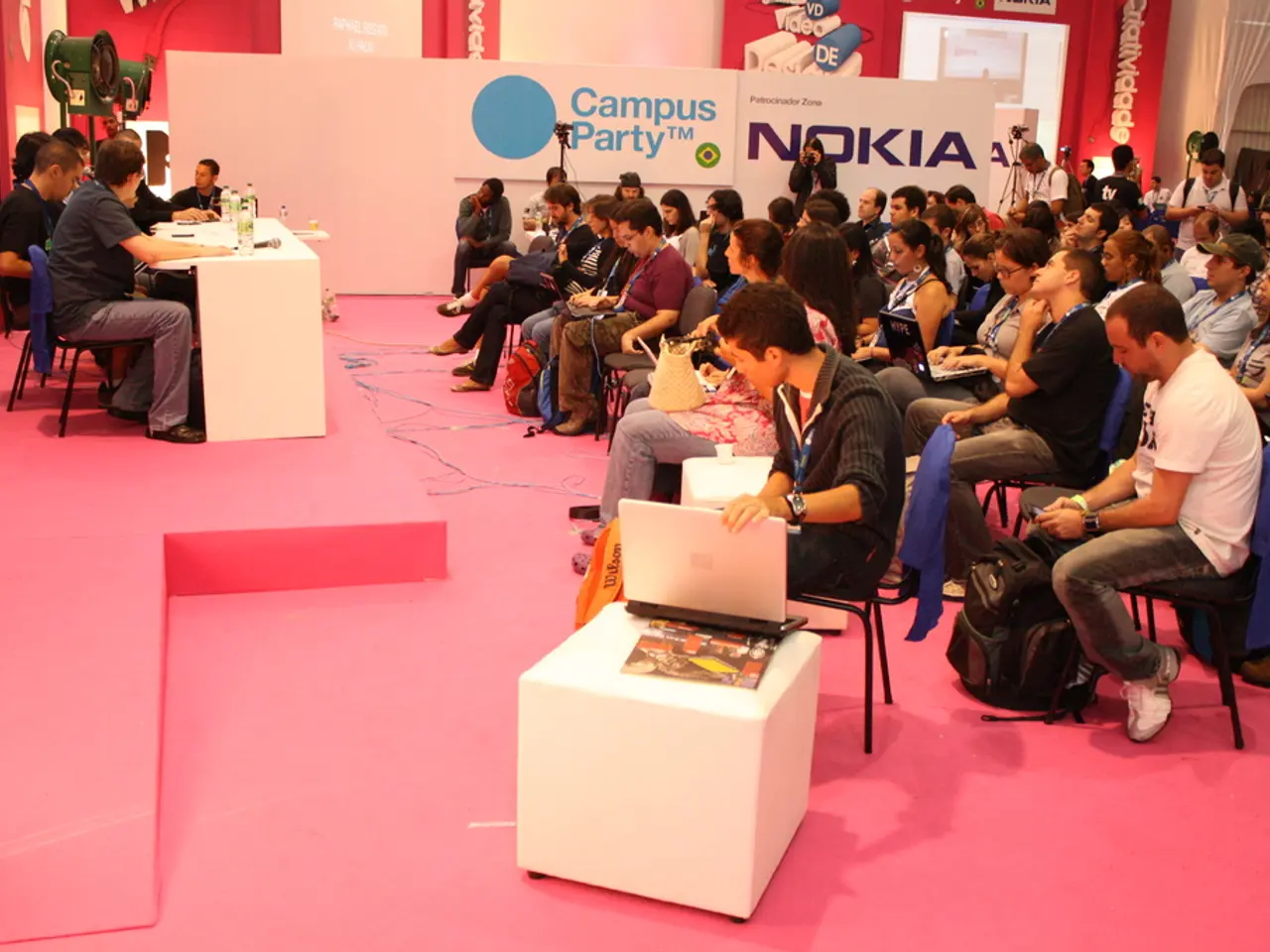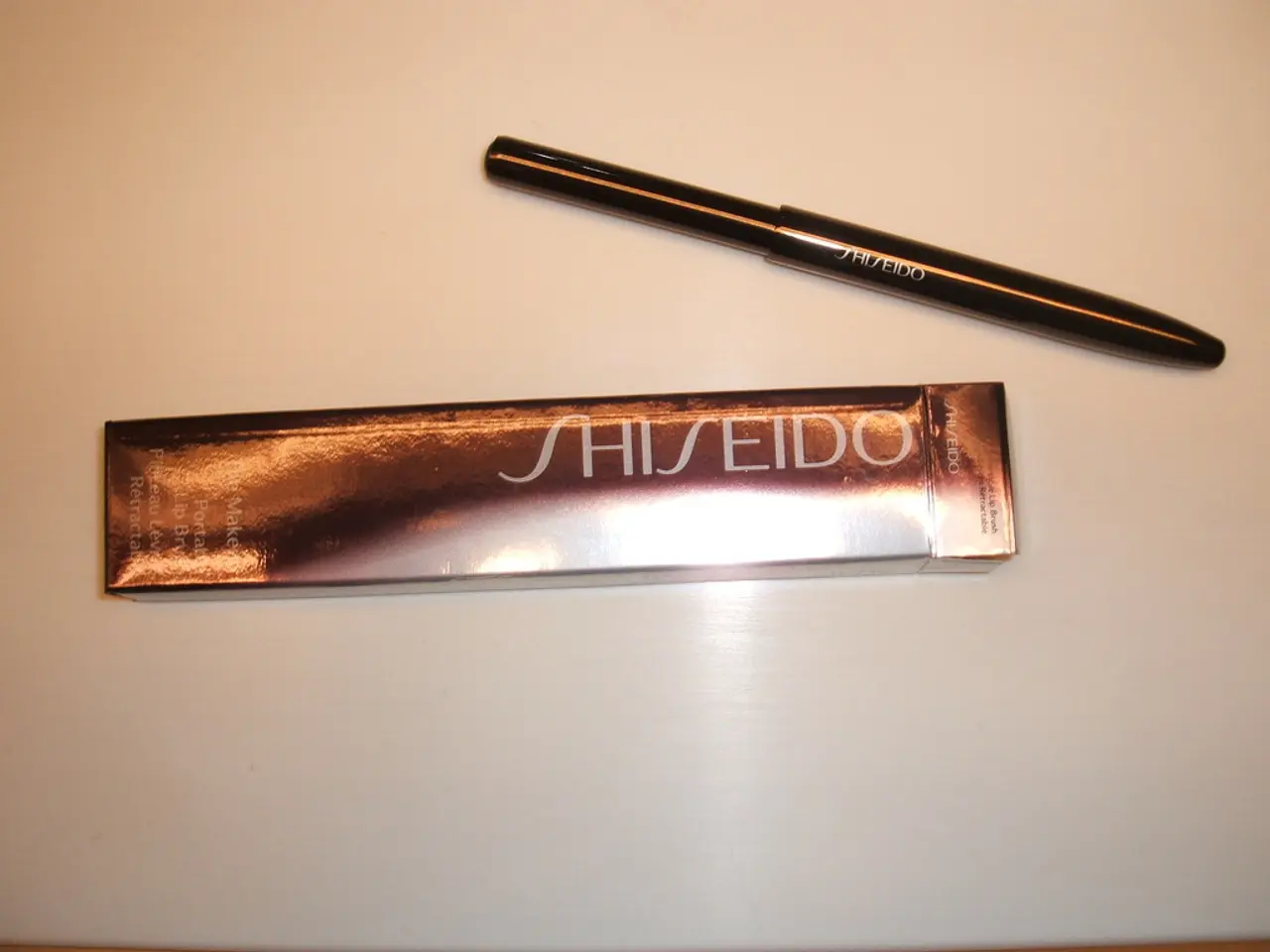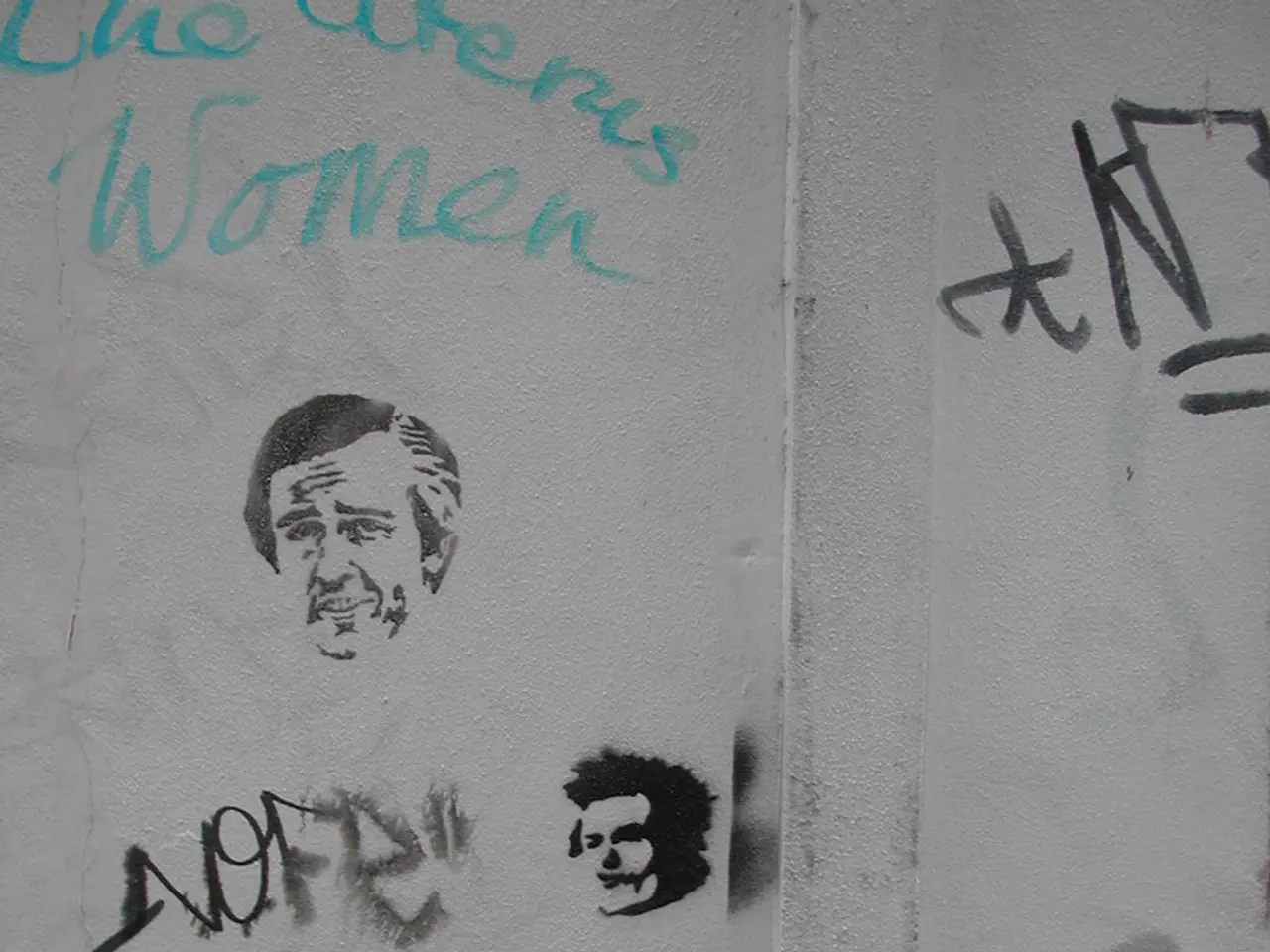Media Forward momentum: A summary of Day 2 events
The Future of Media event, hosted by Adwanted, brought together industry leaders to discuss various aspects of media, including leadership, changing consumption habits, and new strategies around social and digital media.
One of the key discussions revolved around advertising to the Muslim audience, a market segment that is increasingly gaining importance in the UK. Stephen Miron, Group Chief Executive of Global, shared his insights on his 16-year tenure and the transformation of the business into a media giant. As he steps down from his position but takes on a new role as Chair, he emphasized the importance of understanding and catering to diverse market segments.
Nafisa Bakker, CEO and co-founder of Amaliah, discussed the overlooked audience of Muslim customers. Her insights were based on an audience survey that found 50% 'probably would' and 25% 'definitely would' purchase products from brands that portray them positively or authentically. This underscores the need for brands to be culturally sensitive and authentic in their approach to the Muslim market.
Kantar's Jamie Williams and Gonca Bubani presented findings from their study, Media Receptions 2024. They highlighted that consumers are more receptive to ads today than in the past. However, only 14% of Muslims feel that advertising accurately represents them, while 59% of articles in mainstream media portray them in a negative light. This gap between representation and reality presents an opportunity for brands to connect with this audience in a meaningful way.
The study found that TikTok, which is often assumed to be favored by Gen Z, is a top choice for Baby boomers. This suggests a shift in generational preferences towards digital platforms. In terms of creative elements, humour and music are identified as key factors impacting ad receptivity. Baby boomers and Gen X prioritize humour in ads, while Gen Y and Gen Z are more receptive to good music.
In a session titled 'Profit Ability 2', Mindshare's Seena Samani and EssenceMediacom's Olga Zaitseva presented research showing linear TV as the greatest driver of full profit volume when considering all speeds of payback. However, from a media delivery perspective, connected TV (CTV) and interactive ads represent promising formats to engage younger viewers who favor digital streaming over traditional TV.
Successful brands in the Muslim space prioritize inclusivity, digital convenience, and sustainability. Adventure and experiential travel brands like SalamBooking that combine halal-consciousness with lifestyle integration are examples of this success. These brands offer personalized and immersive experiences rather than generic or solely religiously compliant options.
Younger Muslim generations prefer advertising that respects their faith but also speaks to their modern, adventurous lifestyles, blending thrill with spirituality. This cohort demands integration of cultural heritage with new horizons and innovative experiences. Embracing data-driven, personalized, and interactive ad formats will be key to better reach and frequency for advertisers targeting Muslim and other segments.
In summary, the future of advertising to Muslims involves culturally nuanced, experiential branding that leverages digital innovation and appeals to generational shifts towards adventurous, values-driven consumption. Brands succeeding in this space combine authenticity, inclusivity, digital engagement, and sustainability as core pillars.
- Advertising to the Muslim audience is increasingly important in the UK, with brands need to be culturally sensitive and authentic in their approach, as highlighted by Nafisa Bakker, CEO and co-founder of Amaliah.
- Successful brands in the Muslim space prioritize inclusivity, digital convenience, and sustainability, as shown by examples like SalamBooking, that offer immersive, halal-conscious, and lifestyle-integrated experiences.
- In the session 'Profit Ability 2', it was discussed that linear TV is the greatest driver of full profit volume, but connected TV (CTV) and interactive ads offer promising formats to engage younger Muslim viewers who favor digital streaming.
- The future of advertising to Muslims involves culturally nuanced, experiential branding that leverages digital innovation and appeals to generational shifts towards adventurous, values-driven consumption, as summarized in the event.




